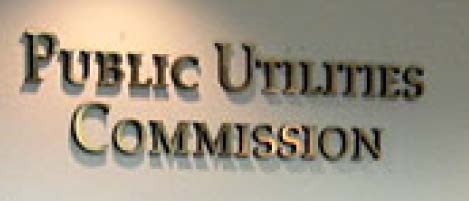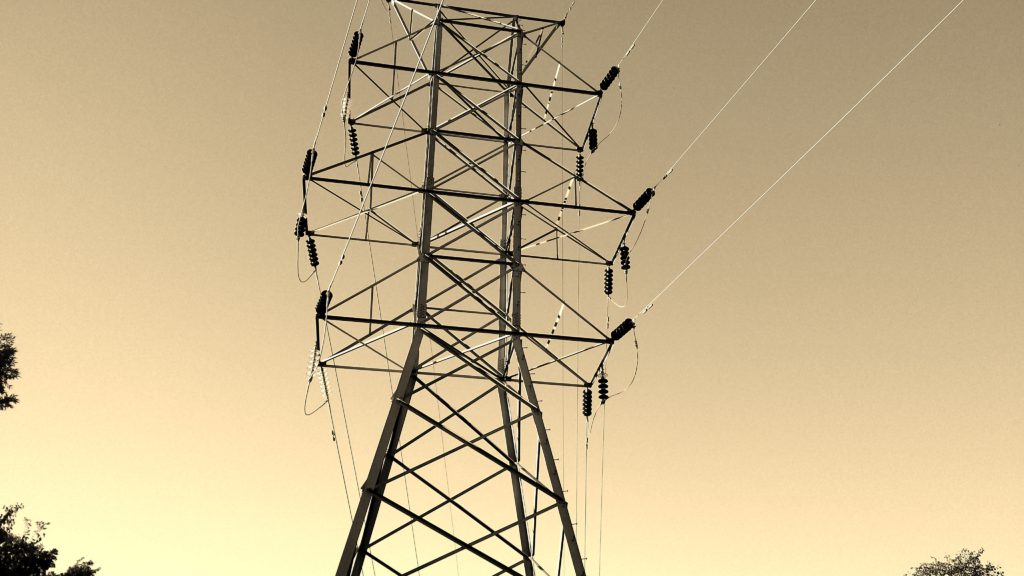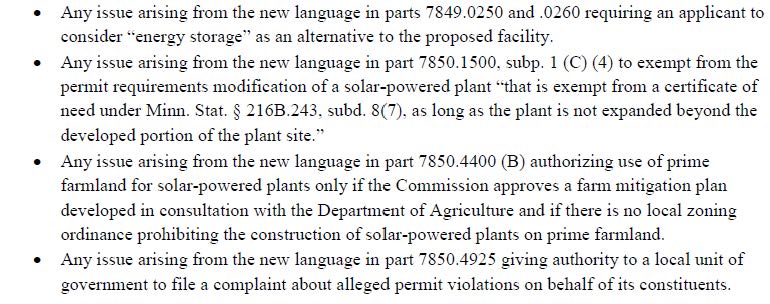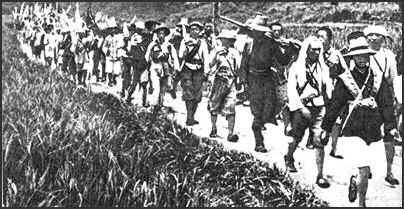PUC Rulemaking officially “withdrawn” … sigh…
December 28th, 2021
Rulemaking Initial Comments – Minn. R. Ch. 7849 and 7850
May 12th, 2017

The Minnesota Public Utilities Commission rulemaking for Minn. R. Ch. 7849, Certificate of Need, and 7850, Routing and Siting, is slowly moving forward. Here are the final drafts up for review before they go to the Commission for a rubber stamp and release for general comment:
Final initial comments on drafts were due on Monday and here they are, in alphabetical order:
20175-131687-01_Goodhue Wind Truth – Marie McNamara
20175-131650-01-1_Great River Energy
20175-131683_ITC Comments and Attachments
20175-131686-01_NoCapX – U-CAN – NRG & GWT
Reply comments are due by 4:30 p.m. on May 31, 2017. eFiling is preferred! If you need to register to eFile, GO HERE! It’s easy, quick, and makes filing a breeze. Get to work — there’s a lot here to comment on!
Comments due – Minn. R. Ch. 7849 & 7850 Rulemaking
May 1st, 2017
 Comments on the Minn. R. Ch. 7849 and 7850 rulemaking are due next Monday! Are you making any progress? Info on who, what, where, why, when of filing comments is here:
Comments on the Minn. R. Ch. 7849 and 7850 rulemaking are due next Monday! Are you making any progress? Info on who, what, where, why, when of filing comments is here:
What to comment on? 
 Here are the latest draft rules:
Here are the latest draft rules:
Get to it!
March 9 – PUC rulemaking Ch. 7849 & 7850
February 24th, 2017

Yes, it’s been a long march. We’ve been slogging through for years — this Public Utilities Commission rulemaking began in 2012. We’ve been going to these PUC sponsored Advisory Group meetings, holding our own small group and public meetings about these rules, reviewing and commenting, and by we, I’ve been joined by Suzanne Rohlfing, of North Route Group (CapX 2020 intervenor group in Hampton-La Crosse docket) and Marie McNamara, of Goodhue Wind Truth (intervenor group in Goodhue Wind/AWA docket) who have hung in there all these years. So early next month, we’re going before the Commission with the draft rules. Four plus years! It’s about time!
We sorely needed rulemaking, there were major statutory changes in 2005 (2005 Session Laws Ch 97 – Transmission Omnibus Bill from Hell), and substantial holes in the process, which all came out in the CapX 2020 Certificate of Need and Routing dockets (CapX 2020 is why the 2005 statutory changes were rammed through, to facilitate Xcel’s transmission dream). I’ve filed a few Petitions for Rulemaking to push these forward, the one below was 2011!
And we’ve been working on rules for Minn. Ch. 7849 and 7850 for over four years now. The docket was opened and first Comments solicited in December 2012. Finally, this Notice yesterday, that the drafts that will go to the Commission:
And notice of the Commission meeting issued today!

To look at the docket, go to the PUC SEARCH PAGE and search for docket 12-1246. I’ve posted links to the drafts on this docket. It’s important that the public be able to review what’s gone on over the last four years!
And after this, wind rules, Minn. Rules Ch. 7854, are next! Yes, PUC, we will hold you to this!
The rulemaking process — nothing changes…
September 13th, 2015
Many thanks to the “little birdie” who brought this decades old report to my attention:
Yes, this is a report from the Minnesota Legislative Auditor from 1993, and if you read it, you’ll see little has changed is so many years… The issues raised are issues we’ve been raising in the Public Utilities Commission rulemaking for Minn. R. Ch. 7849 and 7850 (Certificate of Need and Siting/Routing). AAAAAAAAAAAACK!
For example, from the Summary:
For example, in the PUC Rulemaking for 7849 and 7850 (PUC Docket 12-1246), it’s been an over two-year-long process, and few are showing up anymore. We weigh in, some things are taken into account in the drafts, and then that disappears from the next draft. How can it feel like anything but a colossal waste of time? Yet if we weren’t there, the utilities would get everything they want. And as with the utility Certificate of Need and Siting/Routing processes, rulemaking has the same notice and public participation problems. It’s all the same, deja vu all over again.
… and also from the report …
Does this sound familiar?
So what is the bottom line of this report?
Also, we recommend the following additional changes to the Administrative Procedure Act:
… and …
In addition to changing the APA and other statutes that govern agency rulemaking, we recommend that:



